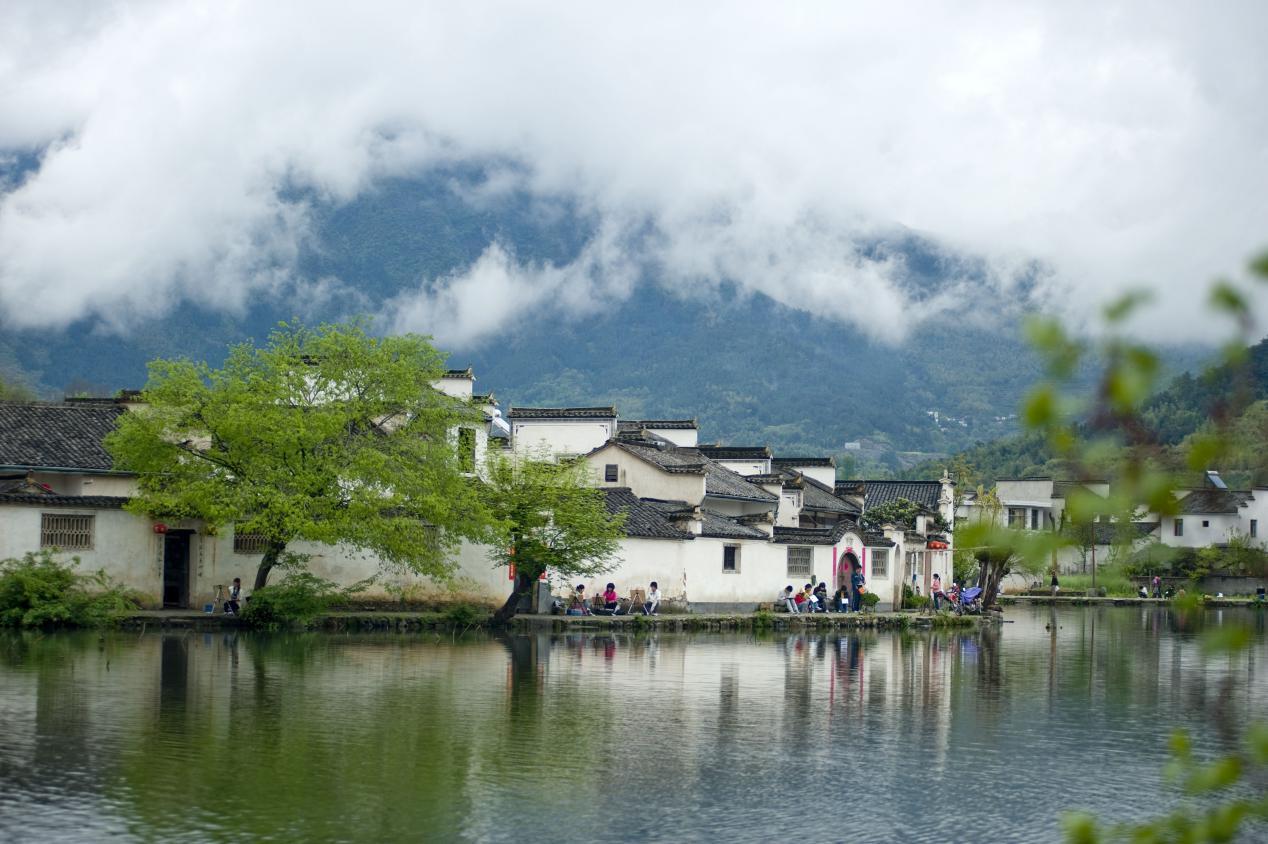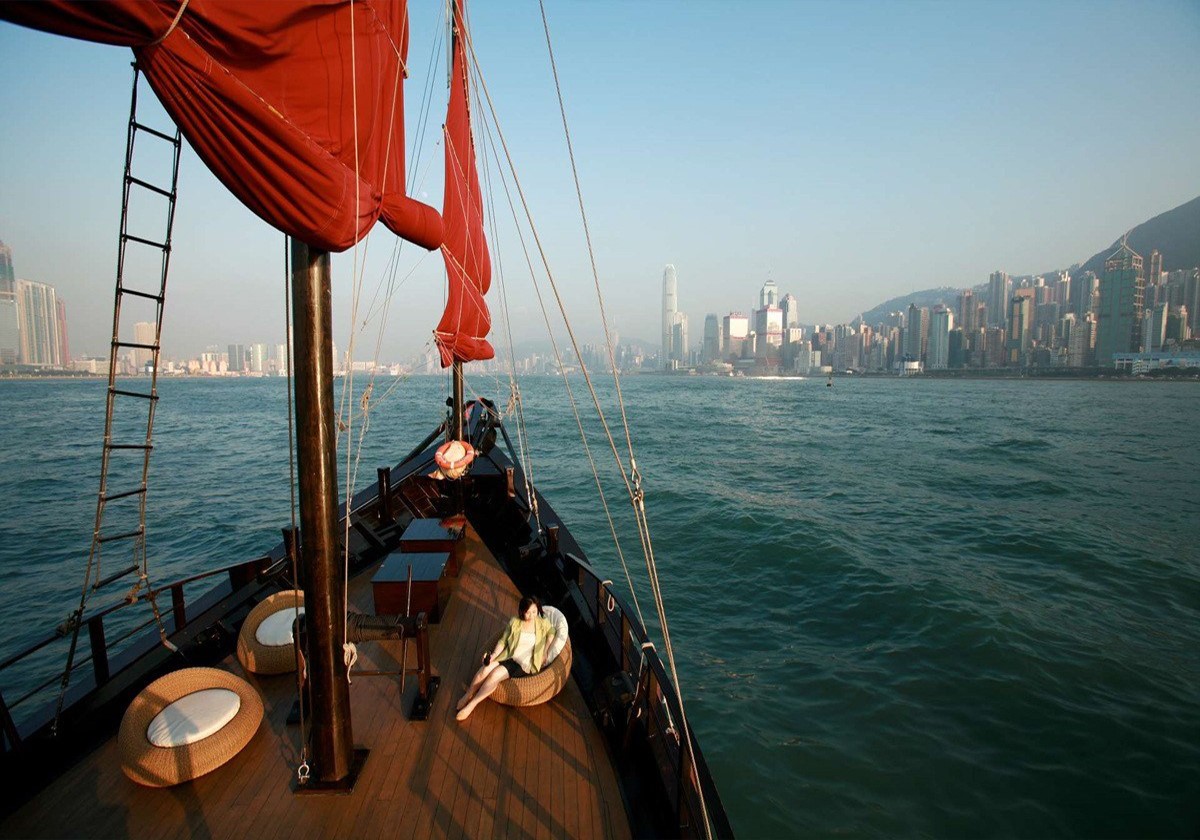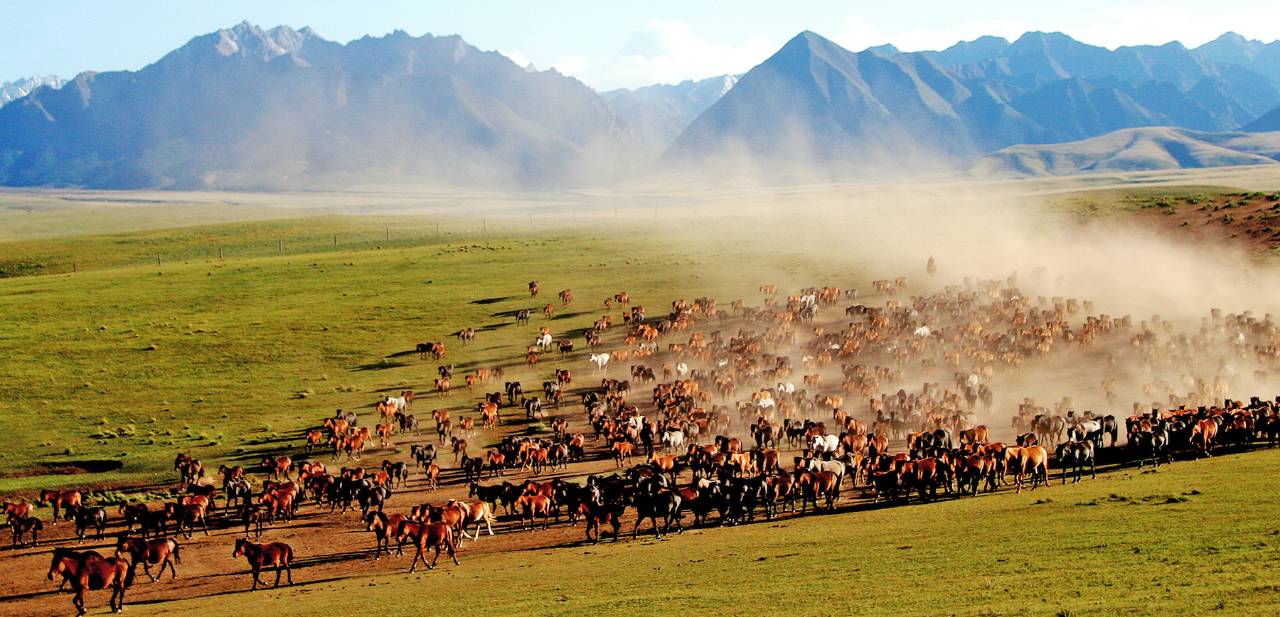
闭上眼我想看见你
屏住了所有的呼吸
我怕你走错了轨迹
做了心跳的标记
在梦里总有个秘密
总是让我挥之不去
忍不住探索了心底
为何你摸索了离去
就算我说我爱你
就算我说我想你
你也不能听到我的心
依然停留在这孤寂里
我想再靠近一点
我想再走近一点
让你能够听到我的心
什么时候也能把我想起
闭上眼我想看见你
屏住了所有的呼吸
我怕你走错了轨迹
做了心跳的标记
在梦里总有个秘密
总是让我挥之不去
忍不住探索了心底
为何你摸索了离去
就算我说我爱你
就算我说我想你
你也不能听到我的心
依然停留在这孤寂里
我想再靠近一点
我想再走近一点
让你能够听到我的心
什么时候也能把我想起
就算我说我爱你
就算我说我想你
你也不能听到我的心
依然停留在这孤寂里
我想再靠近一点
我想再走近一点
让你能够听到我的心
什么时候也能把我想起
让你能够听到我的心
什么时候也能把我想起

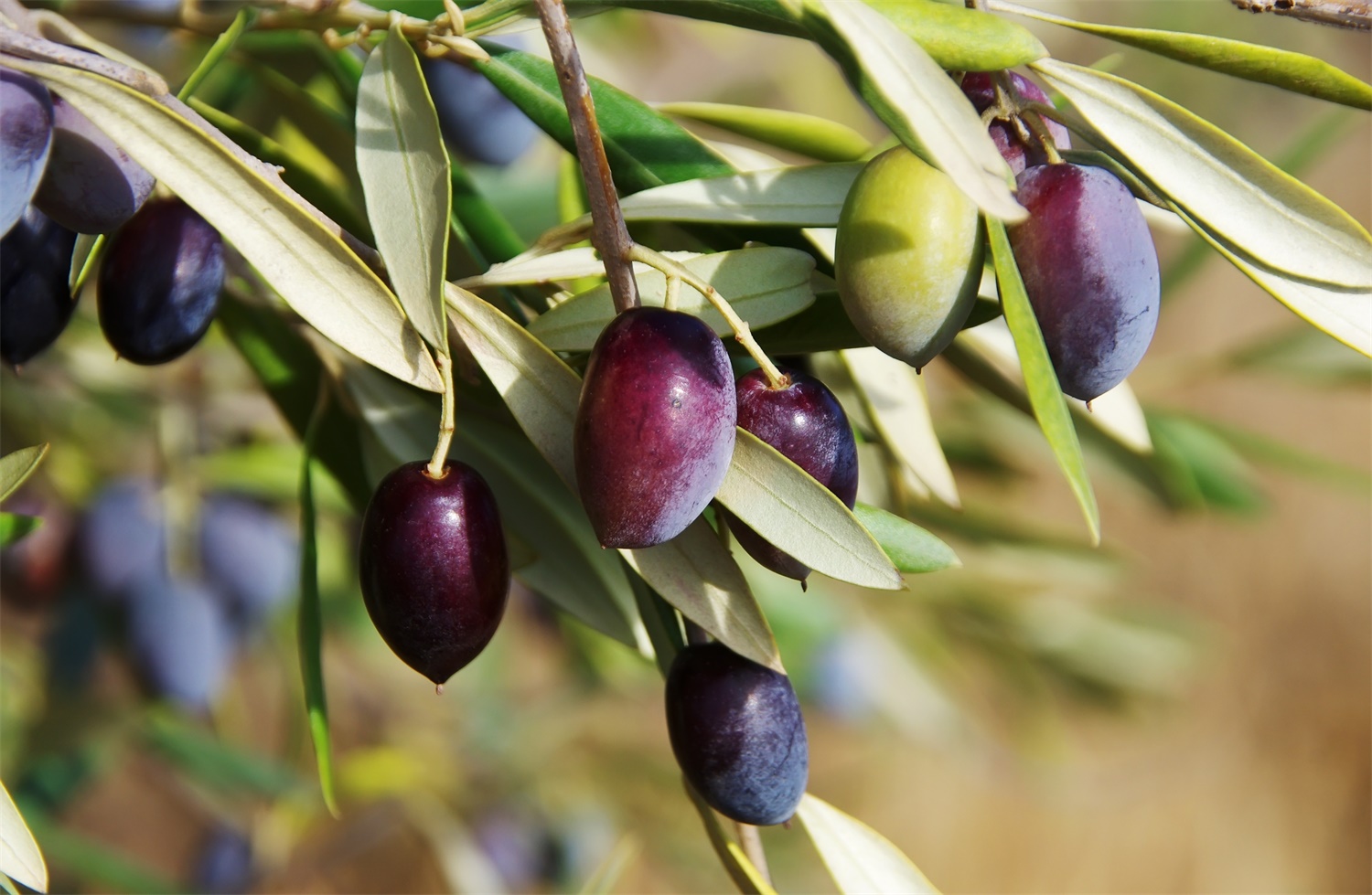

不知道在那天边可会有尽头 只知道逝去光阴不会再回头 每一串泪水伴每一个梦想 不知不觉全溜走
不经意地在这圈中转到这年头 只感到在这圈中经过顺逆流 每颗冷酷眼光 到每声友善笑声 默然一一尝透
几多艰苦当天我默默接受 几多辛酸也未放手 故意挑剔今天我不在乎 只跟心中意愿去走
不相信未作牺牲就实现可以拥有 只相信始靠双手找到我要求 每一串汗水 换每一个成就 从来得失我睇透
不经意地在这圈中转到这年头 只感到在这圈中经过顺逆流 每颗冷酷眼光 到每声友善笑声 默然一一尝透
几多艰苦当天我默默接受 几多辛酸也未放手 故意挑剔今天我不在乎 只跟心中意愿去走
不相信未作牺牲就实现可以拥有 只相信始靠双手找到我要求 每一串汗水 换每一个成就 从来得失我睇透
心里从不会强求

五花马
青锋剑
江山无限
夜一程昼一程 星月轮转
巡南走北 悠悠万事
世上善恶谁能断
巡南走北 悠悠万事
难逃天地人寰
双辕车
乌篷船
山高路远
江山无限
醒也罢梦也罢 人生苦短
千古帝王 悠悠万事
功过自有百姓言
千古帝王 悠悠万事
难逃天地人寰



夜上海 Shanghai Nite 天涯歌女 Vagrant Singing Girl 花好月圆 Blooming Flower and Full Moon 月光小夜曲 Moonlight Serenade 五月的風 May Wind 香格里拉 Shangri-La 落花流水 Falling Flowers and Flowing Water 我家在哪裡 Where is My Home 給我一個吻 Give Me A Kiss 蘇州河邊 Over the Suzhou River
敲敲門 Knocking at Your Door 採檳榔 Pick the Better Palm 雨中徘徊 Wander in the Rain 04 嘆十聲 Ten Sighs 如果沒有你 If Without You 明月千里寄相思 Sending Love Thousands of Miles 江水向東流 The River Flows Eastward 08 昨夜你對我一笑 Smile with Me in Last Night 相思河畔 By the River of Lovesickness 我找到自己 I Find Myself 祝你順風 A Pleasant Journey to You 01. 00:00 花樣的年華 【詞:范煙橋 曲:林枚 原唱:周璇】 02. 03:26 鳳凰于飛 【詞:陳蝶衣 曲:陳歌辛 原唱:周璇】 03. 07:20 天上人間 【詞:楊彥歧 曲:姚敏 原唱:李麗華】 04. 11:26 西湖春 【蘇州話】 【詞:江濤 曲:陳歌辛 華語原唱:李麗華】 05. 14:52 桃李爭春 【現場版】 【詞:李雋青 曲:陳歌辛 原唱:白光】 06. 18:49 我有一段情 【詞:辛夷 曲:姚敏 原唱:吳鶯音】 07. 23:29 薔薇處處開 【詞:陳歌辛 曲:陳歌辛 原唱:龔秋霞】 08. 27:09 小小洞房 【滬語】 【詞:吳祖光 曲:陳歌辛 華語原唱:周璇】 09. 31:07 月圓花好 【詞:范煙橋 曲:嚴華 原唱:周璇】 10. 34:43 永遠的微笑 【詞:陳歌辛 曲:陳歌辛 原唱:周璇】 11. 39:29 情人的眼淚 【詞:陳蝶衣 曲:姚敏 原唱:潘秀瓊】 12. 44:46 今宵多珍重 【詞:林達 曲:王福齡 原唱:崔萍】
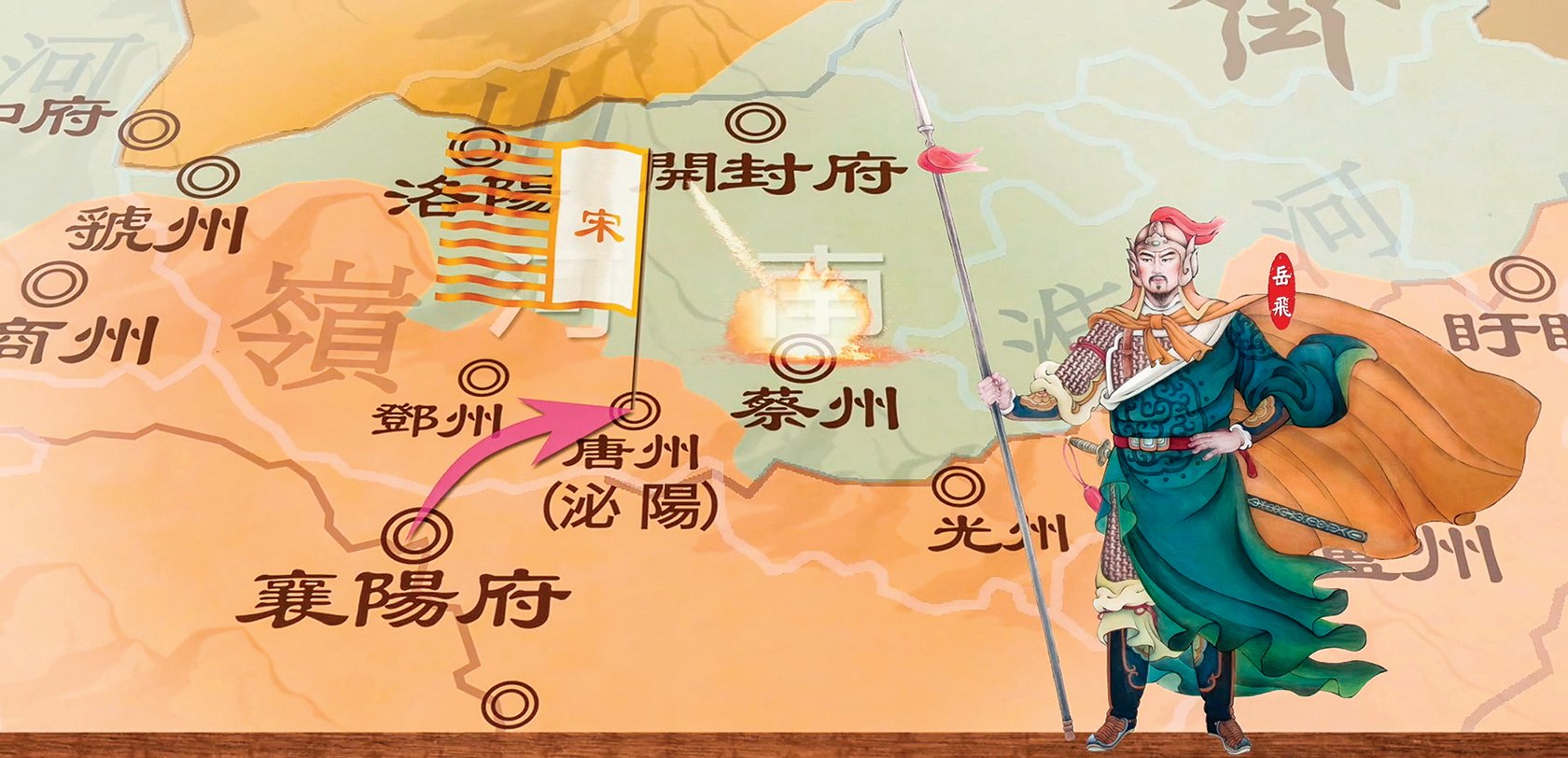

李谷一演唱

王菲Faye Wong演唱
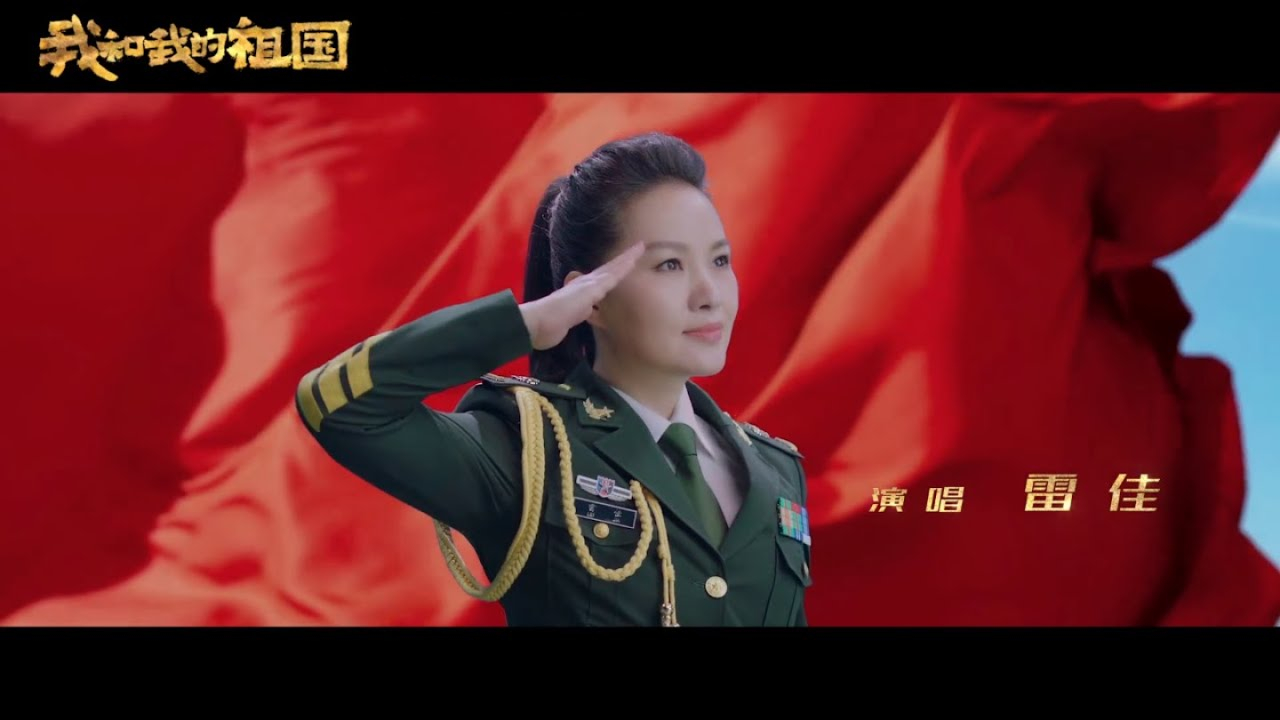
雷佳演唱
 廖昌永演唱
廖昌永演唱

Dominio de Pingus is a Spanish winery located in Quintanilla de Onésimo in Valladolid province with vineyards in La Horra area of the Ribera del Duero region. The estate's flagship wine, Pingus, is considered a "cult wine", sold at extremely high prices while remaining very inaccessible,[1][2] and commands an average price of $811 per bottle.[3]
The winery also produces a second wine, Flor de Pingus, and a special cuvée, Ribera del Duero "Amelia". Recently, Dominio de Pingus has founded a joint project with local grape producers to make an old vine tempranillo called "PSI".
Dominio de Pingus was established in 1995 by Danish oenologist Peter Sisseck, also manager of the Pesquera de Duero estate Hacienda Monasterio.[4] On the estate's winemaking philosophies, Sisseck has stated, "The vines in my plots are very old. They have never been fertilised nor treated with pesticides and all grow following the traditional en vaso system. They are perfect."[4]
About the first 1995 vintage of Pingus, Robert Parker declared, "One of the greatest and most exciting wines I have ever tasted".[5] With a very limited first vintage production, only 325 cases were made with prices initially set at US$200 per bottle, it became yet more scarce when in November 1997 the ship transporting a U.S. bound shipment of 75 cases disappeared somewhere off the Azores in the North Atlantic Ocean.[6] The shipwreck resulted in a dramatic reaction in the US market, with prices soon rising to $495 per bottle.[5][6]
At the Ronda WineCreator conference of April 2008, Sisseck was angered by suggestions by Decanter editor Guy Woodward that some winemakers make wines to suit the palates of certain critics. In response he called Woodward's remarks arrogant for implying winemakers do not have their own opinions, adding, "I don't even think it is possible to do this."[7]
In 2007 it was announced that the Spanish government had approved plans to expand highway roads through the vineyards of Dominio de Pingus and other wineries, which was met with strong opposition by Sisseck who called it a "vengeful measure".[8]
Planted with very old vines of Tinto Fino, i.e. Tempranillo, the vineyards are 2.5 hectares (6.2 acres) in Barrosso with vines exceeding 65 years and 1.5 hectares (3.7 acres) in San Cristobal with vines older than 70 years, and the unusually low average yield of 12 hL per hectare. Since 2000, the viticulture has been biodynamic. Of the annual production of Pingus there is typically less than 500 cases, though in poor vintages no Pingus is made.
The production of the second wine Flor de Pingus, also 100% Tempranillo, is made with fruit from rented vineyards in the La Horra zone, with vines older than 35 years. Since the 2005 vintage, the viticulture has been biodynamic. The annual production is on average 4,000 cases.
Additionally there has been the single barrel cuvée, Ribera del Duero "Amelia", made from a vineyard parcel of 100+ year old vines with an average yield of 10 hL per hectare, with biodynamic viticulture since its initial 2003 vintage. The 2005 vintage had a production of 25 cases.
"PSI" is a joint project based on fruit produced by local grape growers from old tempranillo vines. The goal is to help grape producers and save old vines. Project was founded in 2006, first vintage was 2007. Grape growers are encouraged to employ biodynamic or organic vineyard management practices. The wine is made by Peter Sisseck and Pablo Rubio and sold under producer name Bodegas y Viñedos Alnardo. Vinification takes place in large concrete vats and aging in concrete and wooden tanks and oak barrels. Production of PSI 2009 was 9,600 cases, PSI 2010 was 16,600 cases.


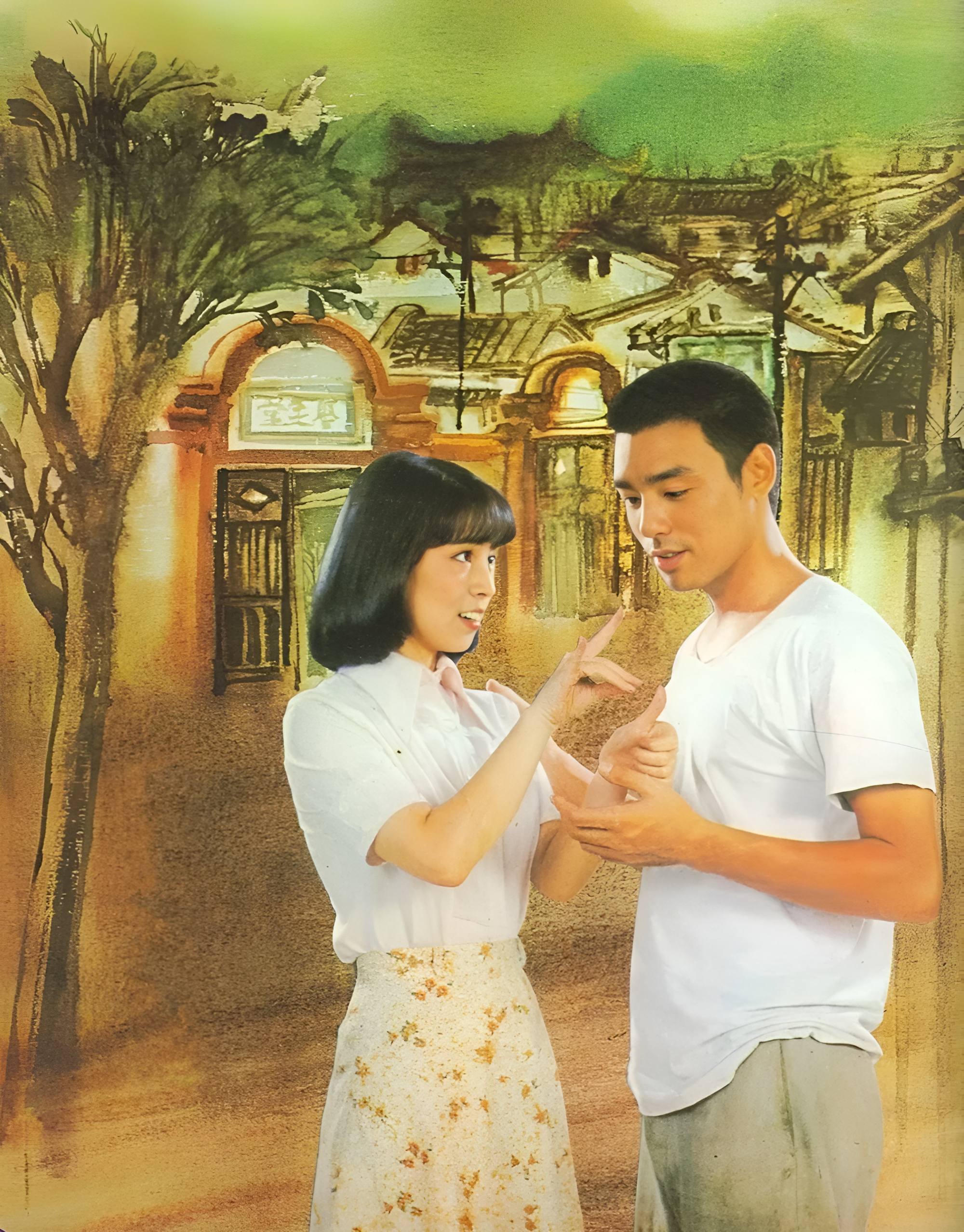

Torino (AFI: /toˈrino/[5], ascolta[?·info]; Turin in piemontese [tyˈriŋ], ascolta[?·info] [6]) è un comune italiano di 852 223 abitanti (al 30 settembre 2021)[2], quarto comune italiano per popolazione e capoluogo dell'omonima città metropolitana e della regione Piemonte. Cuore di un'area metropolitana, Torino è il terzo complesso economico-produttivo del Paese e costituisce uno dei maggiori poli universitari, artistici, turistici, scientifici e culturali d'Italia. Nel suo territorio sono inoltre presenti aree ed edifici inclusi in due beni protetti dall'UNESCO: alcuni palazzi e zone facenti parte del circuito di residenze sabaude in Piemonte (patrimonio dell'umanità[7]) e l'area delle colline del Po (riserva della biosfera).
Città dalla storia bimillenaria, fu fondata probabilmente nei pressi della posizione attuale, attorno al III secolo a.C., dai Taurini, quindi trasformata in colonia romana da Augusto col nome di Iulia Augusta Taurinorum nel I secolo a.C.. Dopo il dominio ostrogoto, fu capitale di un importante ducato longobardo, per poi passare, dopo essere divenuta capitale di marca carolingia, sotto la signoria nominale dei Savoia nell'XI secolo. Città dell'omonimo ducato, nel 1563 ne divenne capitale. Dal 1720 fu capitale del Regno di Sardegna (anche se solo de facto fino alla fusione perfetta del 1847, quando lo divenne anche formalmente),[8] Stato che nel XIX secolo avrebbe portato all'unificazione italiana e che fece di Torino la prima capitale del Regno d'Italia (dal 1861 al 1865).
Sede nel 2006 dei XX Giochi olimpici invernali, nel 2022 della 66ª edizione dell'Eurovision Song Contest[9], città natale di alcuni fra i maggiori simboli del Made in Italy nel mondo, come il Vermut, il cioccolato gianduja e il caffè espresso, è il fulcro dell'industria automobilistica italiana, nonché importante centro dell'editoria, del sistema bancario e assicurativo, delle tecnologie dell'informazione, del cinema, dell'enogastronomia, del settore aerospaziale, del disegno industriale, dello sport e della moda.





